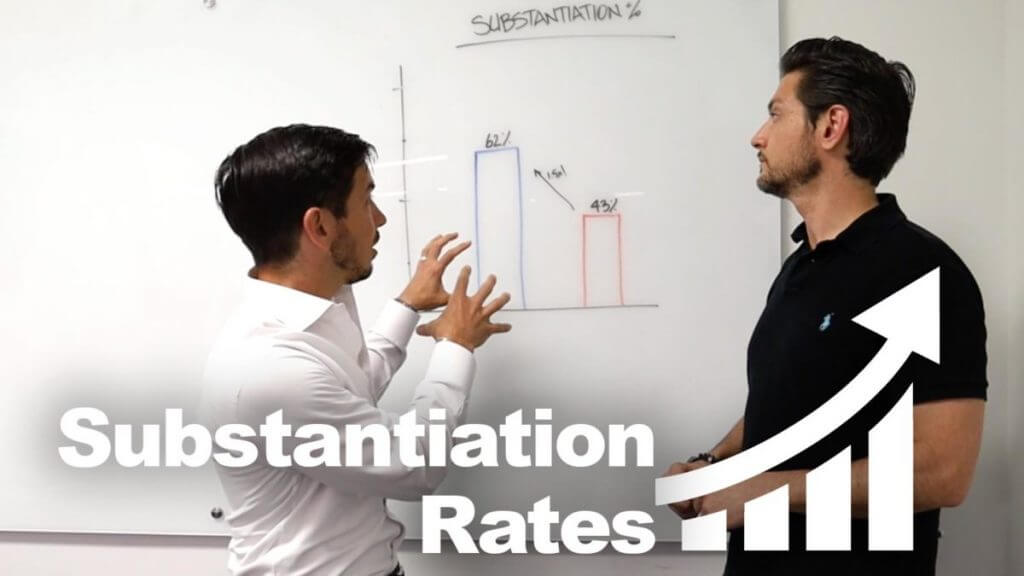Raise Your Substantiation Rates for Compliance Violations


Hotline Issue Validity: Raising Your Substantiation Rate
The ability to substantiate your compliance cases says a lot about the way you elevate your team and how they understand how to follow the reporting process.
Substantiation rate is a simple calculation determining what percentage of reports that came in can be confirmed or denied. While the industry average hovers around 43%, ComplianceLine consistently hits a 62% mark.
Raising your organization’s substantiation rate indicates that a) people trust you, and b) you are fast and efficient at closing investigations.
Your organization may receive a ton of hotline calls, but if very few of these can be substantiated then you will struggle to make any compliance progress.
Let’s examine the causes of poor substantiation rates and how you can begin to see improvement. Looking for more? Get the 2020 report here.
What if Investigations are Taking Too Long?
It could be that your investigations are taking far too long from the time that the initial report is filed. When members of your team experience an impossibly long wait period over and over again, they will lose faith in the organization. If no resolutions are ever reached, they will likely stop reporting violations altogether.
No company can afford this kind of failure from a compliance perspective, especially when it pertains to severe issues that put people at risk. Harassment or misconduct allegations must be substantiated immediately or else employees could be in serious danger.
From the moment a team member calls your, evidence needs to be collected. Although it may seem like a never-ending process, your ability to expedite the investigation process will benefit your employees and the organization as a whole.
How to Increase Substantiated Cases Rate
Help people understand the process. As compliance officers and HR professionals, it’s our job to show employees how they need to go about providing the best information to get the best outcomes.
Reporters need to provide details, then it’s up to the professionals to determine what other pieces of evidence need to be ascertained.
If employees have no problem reporting violations, but investigations are dragging on because people are withholding important details, it’s likely that they don’t trust your organization. They might be fearful of retribution if they give away too much information.
The Key to Higher Rates: Elevate Your Team
Elevate yourself and your team through better education. Organize training sessions that go over the steps required for reporting and make sure they know what details are most important to lead to positive outcomes.
Make your process as transparent as possible. You collect reports, seek evidence, ascertain the facts, and provide timely results. It should be that straightforward.
By making everyone in your organization aware of the net benefits of a speak up culture, they will be more likely to call when issues arise. Educate your team and make it glaringly apparent that you care about substantiating every violation they bring forth.





































